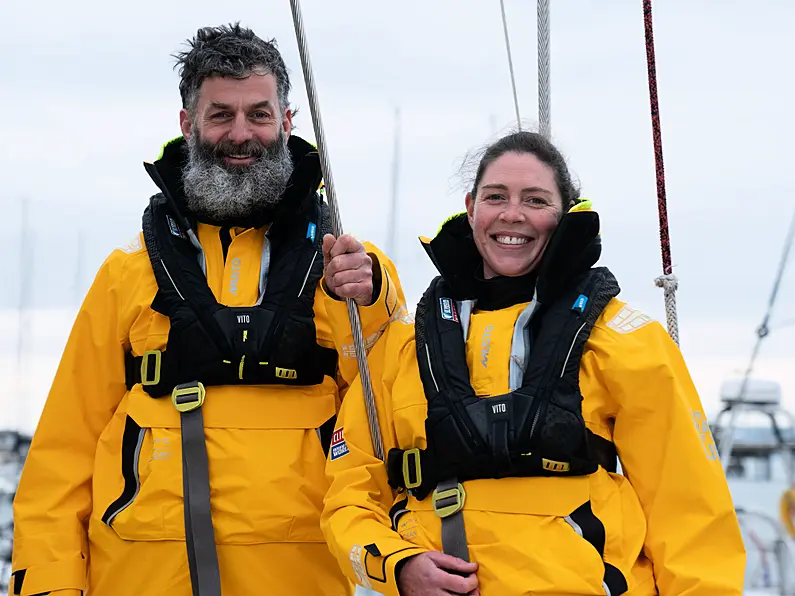The European Court of Human Rights ruled in the favor of the two-time Olympic champion, Caster Semenya, over the rules governing testosterone levels in female athletes in competitions.
Semenya, who has hyperandrogenism, or a genetically higher level of testosterone, was banned from international competitions in the female category between the distances of 400m to the mile by World Athletics in 2019.
Athletes with differences in sexual development (DSDs) that result in high testosterone levels, under the rules, are required to lower their levels to those of "a healthy woman with ovaries." To achieve this, athletes can take the contraceptive pill, have a monthly injection, or undergo surgery to remove testes.
This has been an ongoing issue for Semenya since she won gold at the World Championships in 2009 for the 800m event.
To be eligible to compete at the 2011 World Championships and 2012 London Olympics, Semenya decreased her testosterone below a certain level. However, she suffered significant side effects and haltered her usage of the hormone treatment.
In April 2018, the World Championships adopted new regulations that required Semena and other athletes with elevated hormone levels to take hormone treatments - Semenya refused.
She was then unable to compete at the 2020 Tokyo Olympics because of her refusal to comply with World Championships regulations. She attempted to qualify for the Olympics in the 5000m, but fell short.
The European Court of Human Rights has now ruled that the South African gold medalist had been discriminated against and the testosterone regulations were a violation of human rights.
It is uncertain what the final effect of the court ruling will be, but the final decision by the European Court of Human rights could force sport's highest court, that had orignally rejected Semeya's appeals, to reexamine the regulations that athletes with DSDs are forced to be compliant with in order to compete at top international competitions such as the Olympics.
With Paris being 13 months away, there is uncertainty if Semenya will be able to compete.











